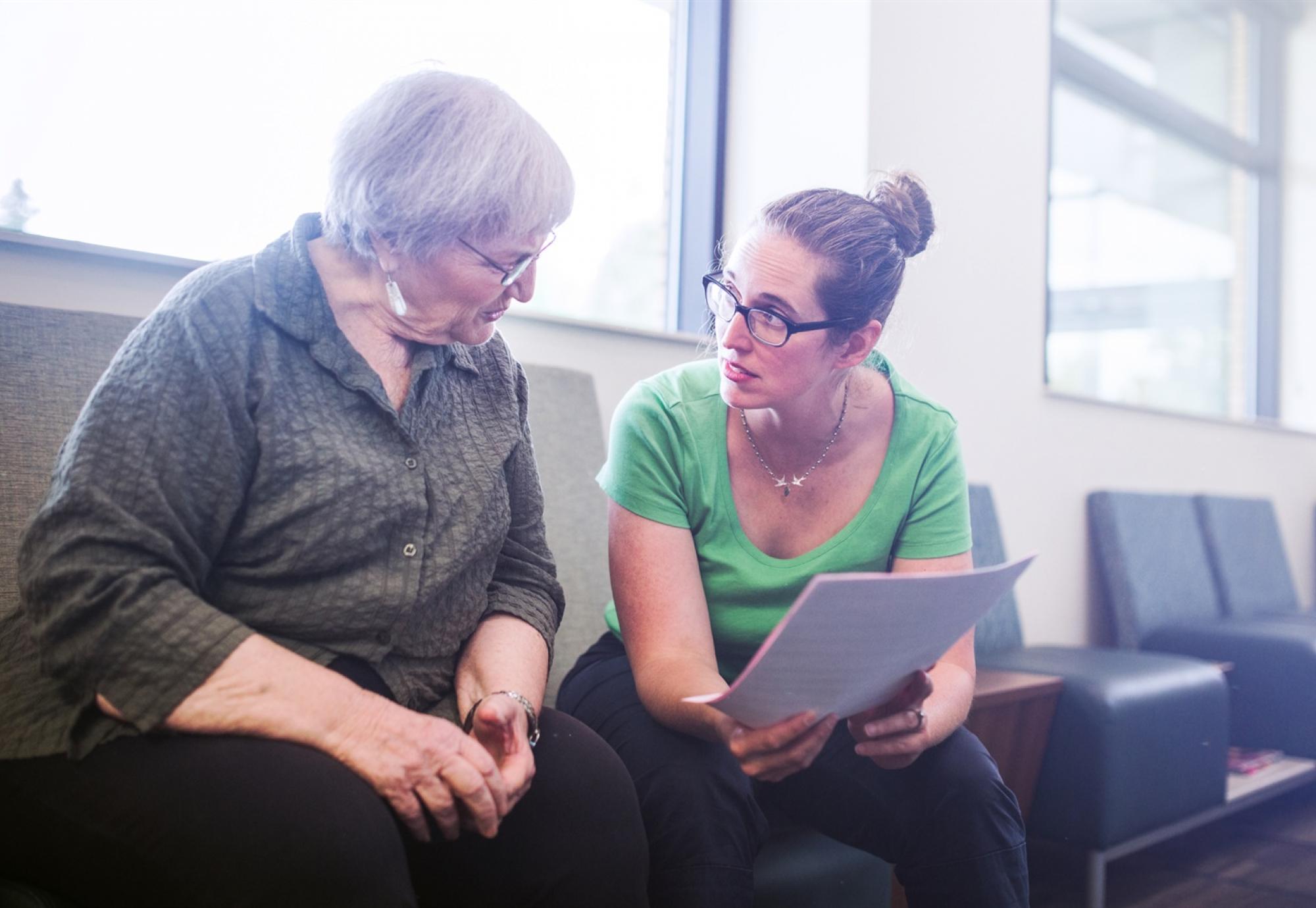Personalised care will play an increasing role in the future of delivering healthcare. By 2024, personalised care is expected to benefit up to 2.5 million people in the UK.
A one-size-fits all approach no longer works. We cannot simply treat symptoms; we must instead look to prevent them in the first place.
Personalised care, a form of social prescribing, maximises the expertise and capacity of families, communities and the voluntary sector to create tailored care for each individual. The benefits of a personalised care plan are far reaching.
Valuing people as active participants and experts in the planning and management of their own health and wellbeing is central to this approach. The patient is key to shaping their own plan.
So how are these care plans created? And how can we get the most out of the process?
Start with the individual
A personalised care plan is only effective if it’s correctly tailored to the person. To find out more about the individual, be prepared to ask the right questions. Have they had any difficulties recently? What do they enjoy doing? This will kick start the conversation and allow the support link worker to recommend the best services for them. The services offered through this form of care range from prescribing art classes, to exercise plans or a daily phone call from a mental health practitioner. It’s all about starting with the challenge, and then finding the best possible solution.
Follow the process
This type of plan, though tailored to each individual, still needs to be recorded and developed in the same way as a fixed plan. In fact, it is even more important that wider care teams understand the rationale behind ‘one-off’ decisions. Support link workers need to have an efficient way to capture patient conversations and record every decision made.
It is also important to record outcomes and feedback whether these are positive or not. It’s a requirement to include a description of the patient, what is important to them and the elements which will make the plan achievable and realistic. Understanding outcomes could help to inform the planning of other individualised care plans.
Empower the patient
For real change to be made, and patient outcomes to be improved, the patient needs to feel empowered to take control of their own health. Building health knowledge and reflexivity should be a key cog in the plans. Having positive initial conversations and educating them throughout the plan development will help. It is also important to include any educational materials which will support in the process.
Once the patient agrees with the plan, they know exactly what to expect and are ready to engage in the service supported by a single, named coordinator. This will help more people to take control and live healthier lifestyles.



















